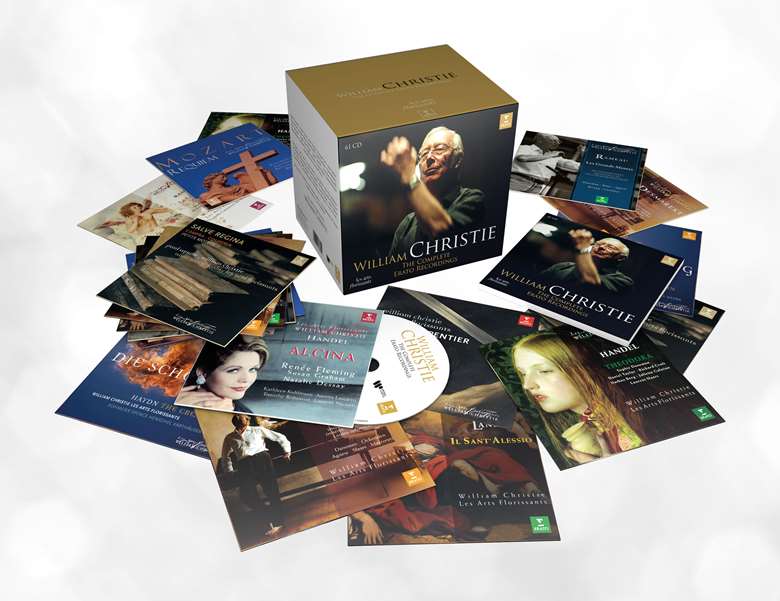Review - William Christie: The Complete Erato Recordings
Lindsay Kemp
Friday, February 21, 2025
Lindsay Kemp welcomes a box of Baroque delights from the American conductor

Register now to continue reading
Thanks for exploring the Gramophone website. Sign up for a free account today to enjoy the following benefits:
- Free access to 3 subscriber-only articles per month
- Unlimited access to our news, podcasts and awards pages
- Free weekly email newsletter









